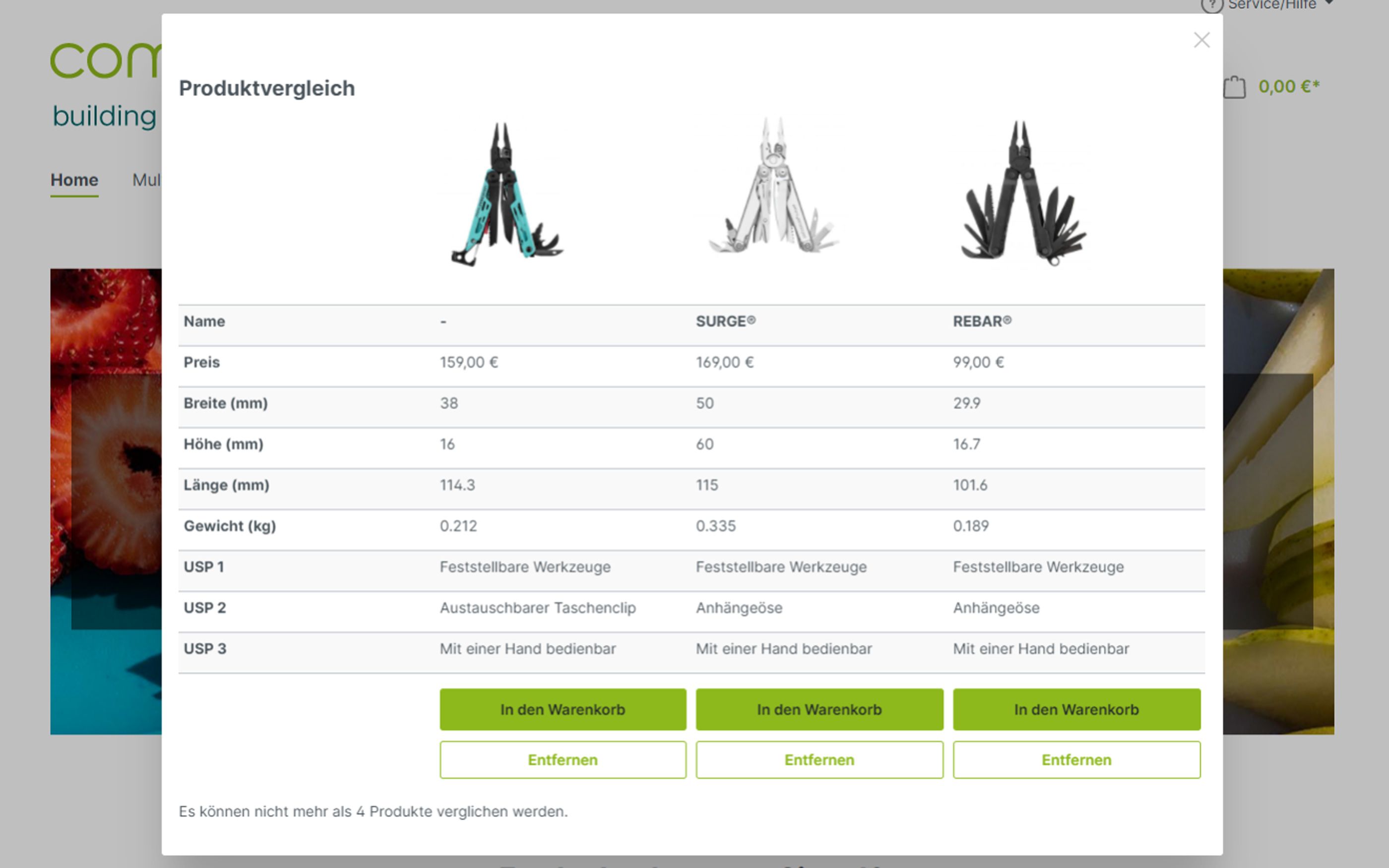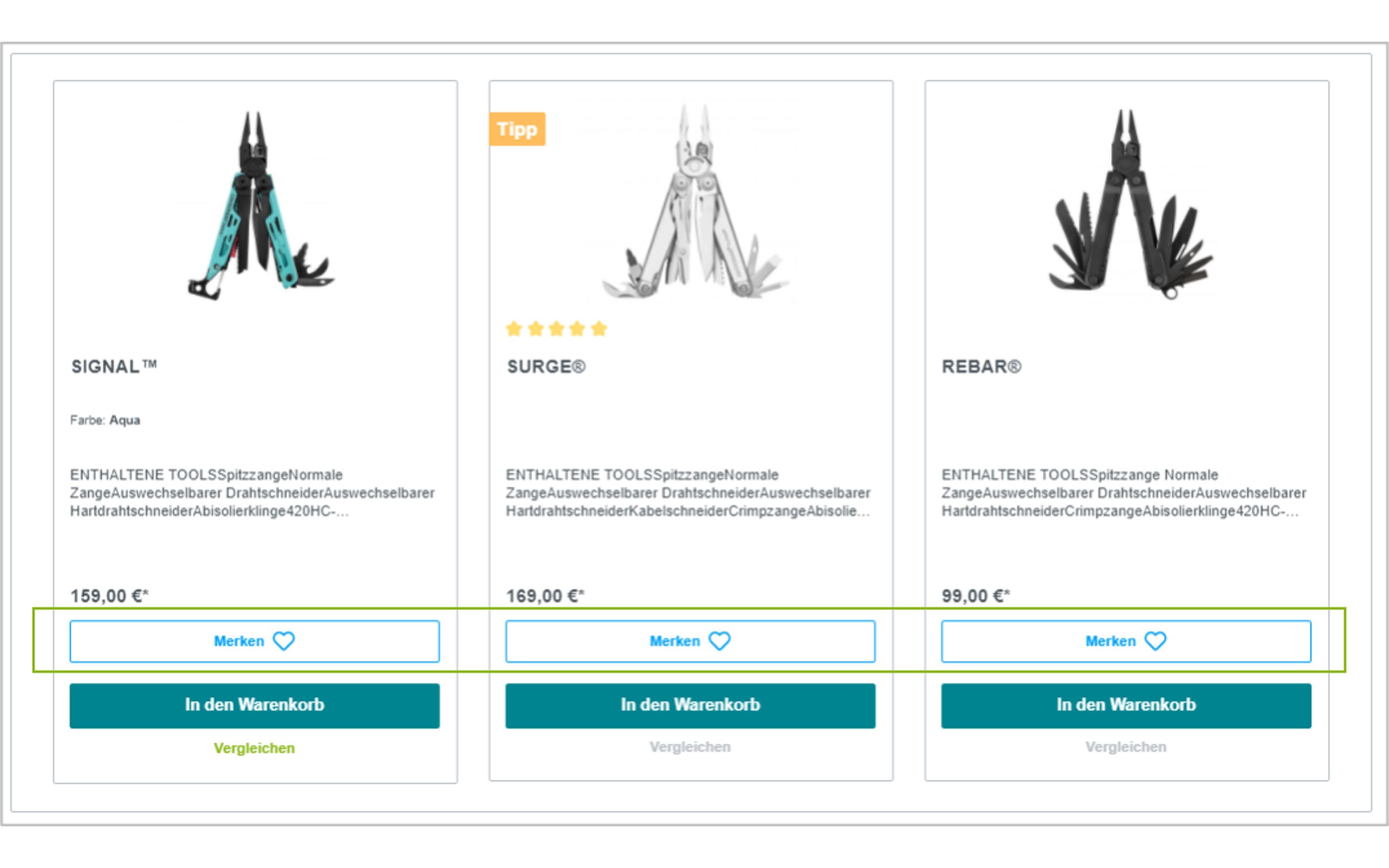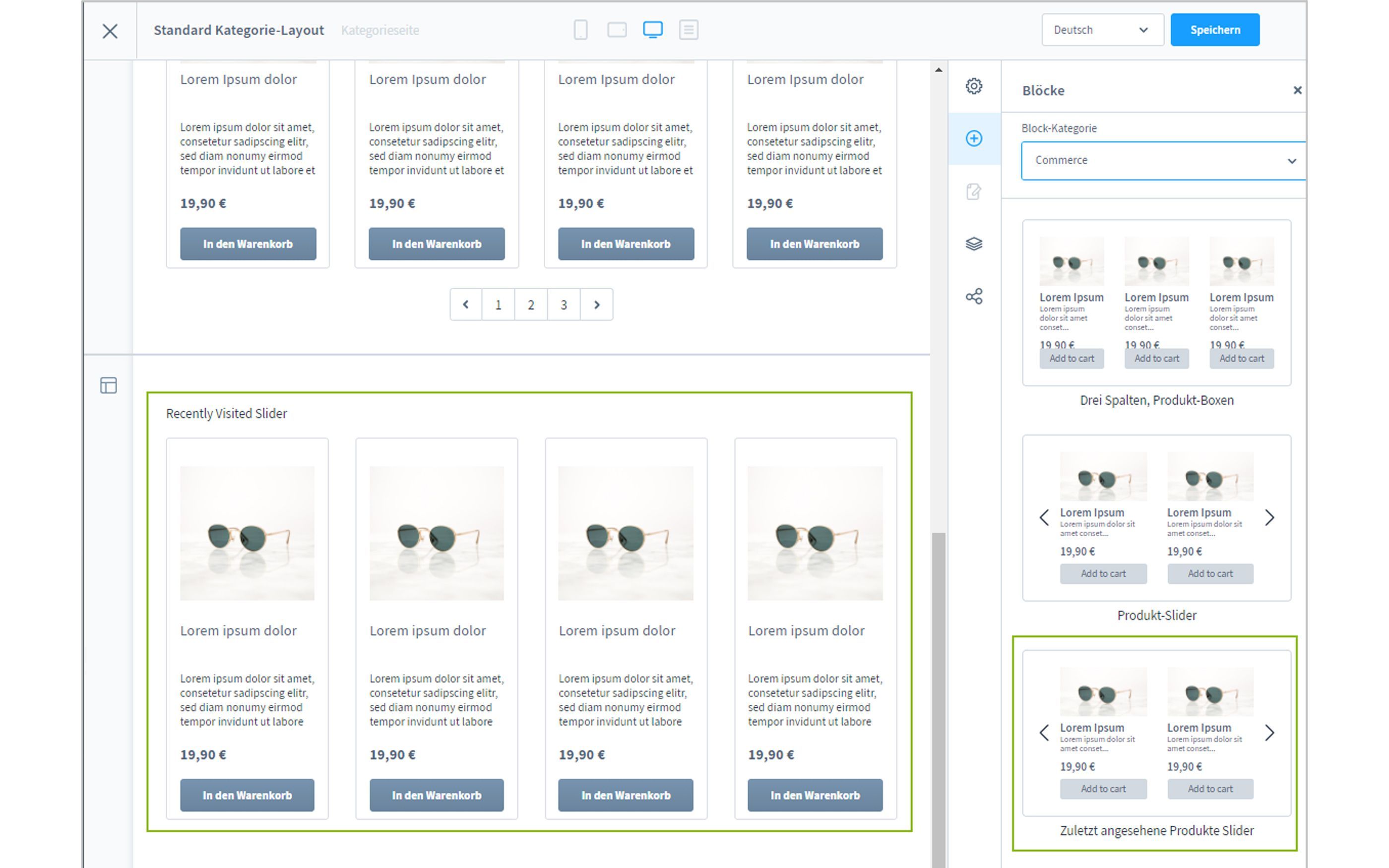Now we'll take a closer look at human memory and the important principles behind it. Because they also have an influence on the shopping experience in e-commerce and can be used in a targeted manner in Shopware. **
The Psychological Principle
The ability to remember is better and more intensively developed in humans than in any other animal. We can remember many dates and events. Nevertheless, our memory does not function like a movie that we can simply rewind. Rather, the process of remembering is reconstructive and prone to errors and distortions. Memory is simplistically divided into 3 areas:
- Ultra-short-term memory (filters our impressions).
- Short-term memory (intermediate storage for information, also called working memory)
- Long-term memory (stores memories long-term to lifelong).
For our consideration regarding online shopping, short-term memory is particularly interesting because this is where information is processed. Despite its complexity, working memory has a very limited capacity. Recent research suggests that we can only remember three to four units of knowledge (called chunks) for a short time. And these quickly disappear. In a few seconds to minutes, for example, we can remember a phone number, a product name or a specific piece of information.
Psychology in UX: How Can Design Help Users Remember?
If we look at how the different memory types work, it becomes clear that we should not unnecessarily ask users to remember things from one page to the next. The following functions, for example, offer some assistance:
Comparison tables: With the small amount of information our short-term memory can store, it is almost impossible to compare a product with more than one feature. (Example, see image: Apple)
Shopping cart or favourites: Often, the user does not even remember which product he has favourited or even already had in his shopping cart. What he no longer remembers, he can no longer buy.
Recently viewed items on the home page: On the one hand, the customer then does not have to remember the items, and on the other hand, he evaluates things more positively if he already knows them. Recognition activates the brain's reward system. (Examples can be found in the gallery: Amazon, Thalia and Otto).

Implementation in Shopware
Filter
Sensibly created filters also help your customers to find their way around your offer. This way, they can narrow down the selection of your products and get only the products that are relevant to them and their requirements.
Shopware offers you the possibility to create individual filters for each item listing in the "Properties" tab and to fill these filter categories with different properties.


Comparison Tables
The ability to compare products and see all the similarities and differences at a glance makes it easier for your customers to decide.
In the comparison table in Shopware, all properties that were stored in the backend configuration are compared with each other.

Wishlist
So that your customers don't lose sight of the products they like but don't want to buy right now, they can save them in their personal watch list.


Recently Viewed Articles
Slider with "recently viewed items" can also be placed anywhere in the online store within Shopware.
This slider is an existing element that is present in Shopware Standard and can be inserted in the edit mode of the worlds of experience as often as desired and in different places.


